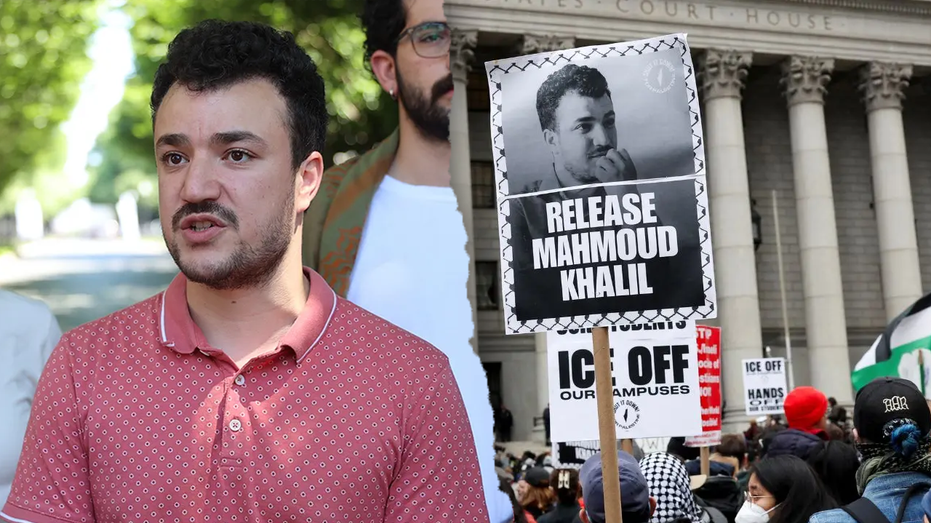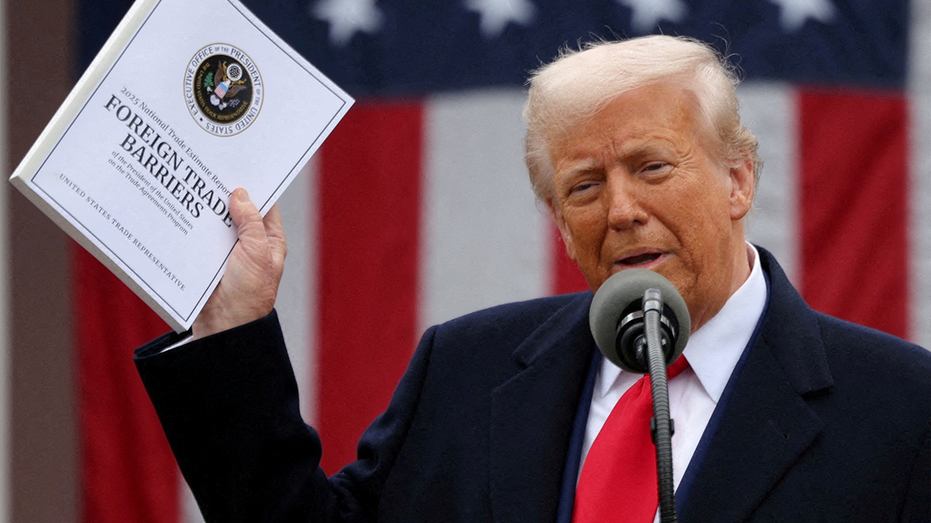Federal Judge Rules Attempted Deportation of Anti-Israel Ringleader Mahmoud Khalil May Be Unconstitutional
NJ judge blocks Trump's deportation attempt on grounds it likely violates constitution, sparking debate over free speech and legal rights.

A federal judge in New Jersey has determined that the Trump administration’s efforts to deport anti-Israel activist Mahmoud Khalil are likely unconstitutional, casting doubt on the government’s rationale for removing him from the United States. The decision, issued by U.S. District Judge Michael Farbiarz on Wednesday, stopped short of ordering Khalil’s release but signaled strong skepticism toward the arguments underpinning his deportation.
Judge Farbiarz asserted that the deportation order against Khalil appeared “unconstitutionally vague,” a significant setback to the administration’s position. Despite this, the court did not move to immediately free Khalil, leaving his future unclear as the legal process continues.
Khalil’s legal team welcomed the development, stating, “The district court held what we already knew: Secretary Rubio’s weaponization of immigration law to punish Mahmoud and others like him is likely unconstitutional.” They argued that the government was attempting to penalize Khalil for exercising his First Amendment rights.
The controversy surrounding Khalil has garnered attention due to his activism on behalf of Palestinian causes and his involvement in organizing anti-Israel protests at Columbia University. Khalil, who was previously approved for deportation by an immigration judge, contends that his constitutional rights are under threat, stating that the Trump administration is eroding protections granted by law.
Attorneys from the Department of Homeland Security have countered these claims, dismissing Khalil’s free speech arguments as a distraction. Instead, they accuse Khalil of deliberately omitting details of his employment history—specifically his work with the Syrian office in the British Embassy in Beirut—during his application for permanent residency in the United States. According to DHS representatives, this omission constituted grounds for deportation independent of his political activities.
Khalil, 30, holds Algerian citizenship through his mother but was born in a Palestinian refugee camp in Syria. His personal life has also come under scrutiny, as he is married to Noor Abdalla, a U.S. citizen whom he met while volunteering in Lebanon in 2016. The couple wed in 2023, shortly before his arrest, when Abdalla was eight months pregnant.
The case raises broader questions about the intersection of free speech, immigration enforcement, and national security, with advocates watching closely for implications on similar cases nationwide. As legal proceedings continue, Khalil remains in detention, awaiting further rulings that could determine whether he will be allowed to remain in the United States or face deportation.




